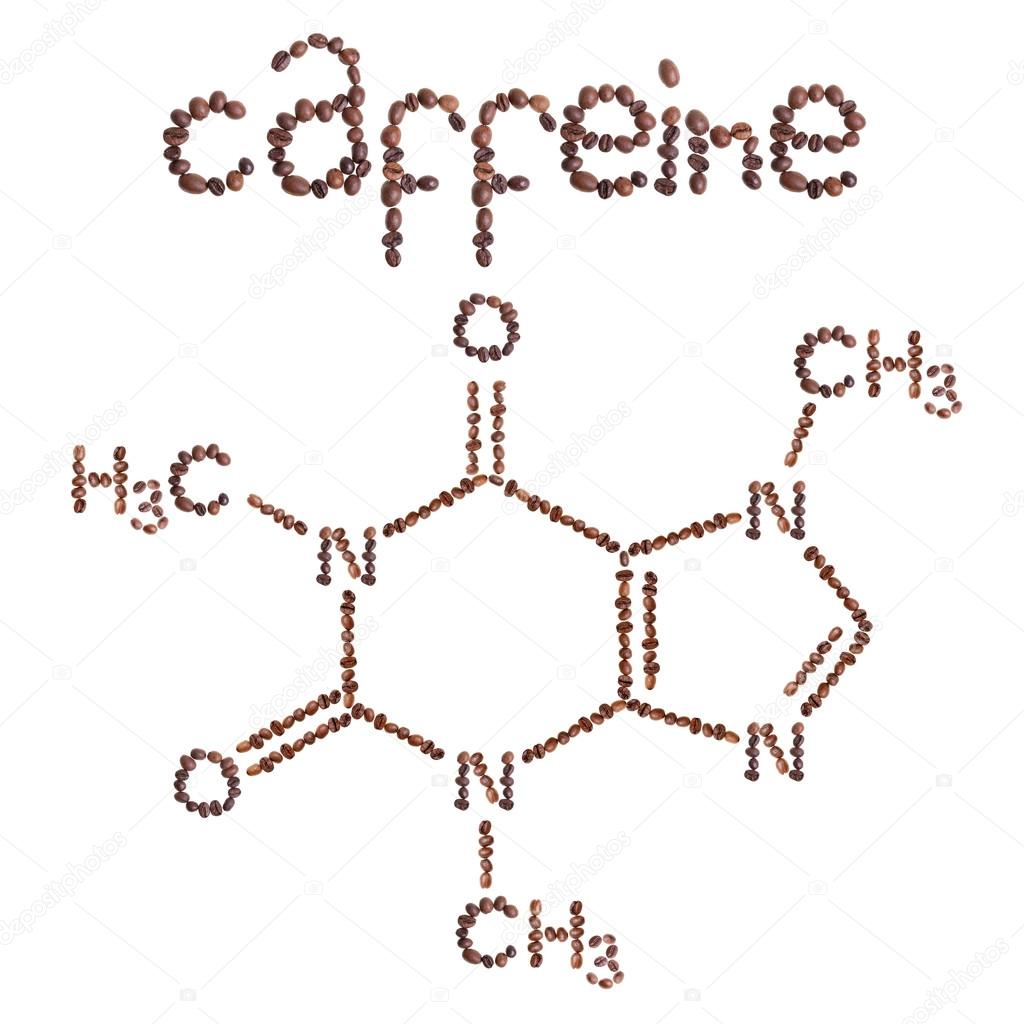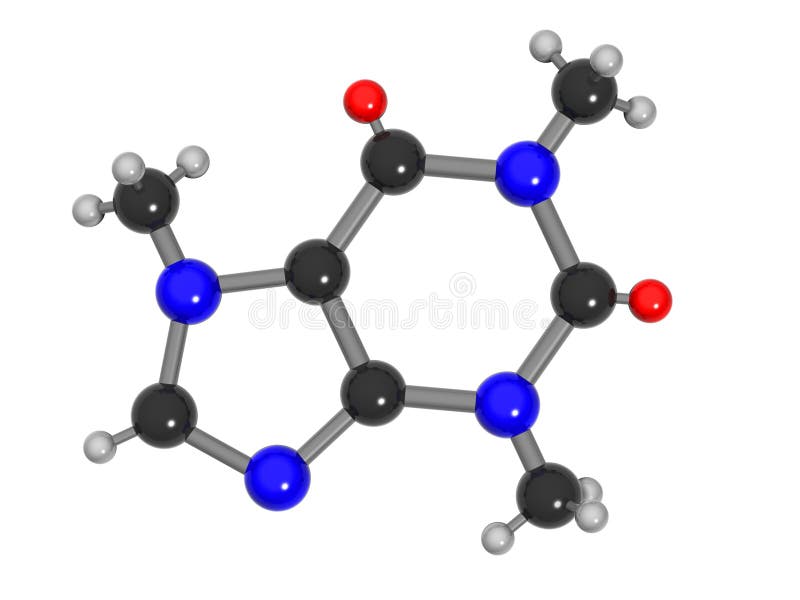
The pharmacological effects of caffeine are similar to those of other methylxanthines (including those found in various teas and chocolates).

This wide range in the plasma mean half-life of caffeine is due to both innate individual variation, and a variety of physiological and environmental characteristics that influence caffeine metabolism (e.g., pregnancy, obesity, use of oral contraceptives, smoking, altitude). However, caffeine's elimination half-life may range between 1.5 and 9.5 hours, while the total plasma clearance rate for caffeine is estimated to be 0.078 L/h/kg (Brachtel and Richter, 1992 Busto et al., 1989). The mean half-life of caffeine in plasma of healthy individuals is about 5 hours. Structurally, caffeine (and the other methylxanthines) resembles the purines. In pure form, it is a bitter white powder. This chapter provides a brief summary of the metabolism and physiological effects of caffeineĬaffeine (1,3,7-trimethylxanthine) is a plant alkaloid with a chemical structure of C 8H 10N 4O 2 (see Figure 2–1) and a molecular weight of 194.19. It has numerous pharmacological and physiological effects, including cardiovascular, respiratory, renal, and smooth muscle effects, as well as effects on mood, memory, alertness, and physical and cognitive performance. These include the species of bean, brewing time, the temperature of the water, pressure, the extent of roasting and grinding, the type of water, and the coffee/water balance.As stated in Chapter 1, caffeine is the most widely used central nervous system (CNS) stimulant in the world. However, there are a surprising number of factors that determine a specific cup’s caffeine content. There are general guidelines as to the relative amounts of caffeine one can expect to find in different caffeinated beverages such as coffee, espresso, and tea. “ecaffeinated coffee is virtually devoid of caffeine, those who consume decaf would not have a higher risk of kidney dysfunction, regardless of their genetics.” The authors hope the study’s findings will prompt a re-examination of the current guidelines approving up to 400 milligrams, or four or five cups, of brewed coffee per day.

It also suggests that caffeine from any source can be harmful in those individuals who have this genetic variant that impairs their ability to eliminate caffeine from their system,” she explained. “This implicates caffeine, specifically, as the component in coffee that can damage the kidneys. The study suggests that it is only harmful in people whose ability to quickly detoxify caffeine out of their system is impaired. Coffee contains many substances that can have various effects on the body, both beneficial as well as harmful,” noted Dr. “Caffeine is the most widely studied substance in coffee and can be found in other beverages like tea, cola, and energy drinks. The study is published in JAMA Network Open. The study assessed kidney health by tracking three accepted markers of kidney dysfunction: albuminuria, hyperfiltration, and hypertension. The authors say that this is about the same percentage of slow caffeine metabolizers in the general population. This group was determined to be at a higher risk of kidney damage. In the study, about half of the participants had the rs762551 variant of the CYP1A2 gene, a variant that caused them to metabolize caffeine more slowly. The researchers say it is all about the speed at which a person metabolizes caffeine.

The new study finds that the presence of a particular gene variant can result in coffee being three times more likely to cause kidney dysfunction. It also finds that for some people, coffee can indeed be damaging to one’s kidneys. A new study from researchers at the universities of Toronto, Canada, and Padova, Italy may offer an explanation for the differing conclusions. While some research has linked the consumption of coffee to kidney damage, other research has reported no association between caffeine intake and the development of chronic kidney disease. They propose that this may account for the conflicting conclusions of previous studies. The slow metabolism, says the new study, is the result of a gene variant present in half the population at large.Other research has suggested that coffee promotes health, including kidney health.A new study finds that people who metabolize caffeine slowly are three times more likely to develop kidney dysfunction.Share on Pinterest The amount of coffee and caffeine someone consumes can affect their kidney health.


 0 kommentar(er)
0 kommentar(er)
